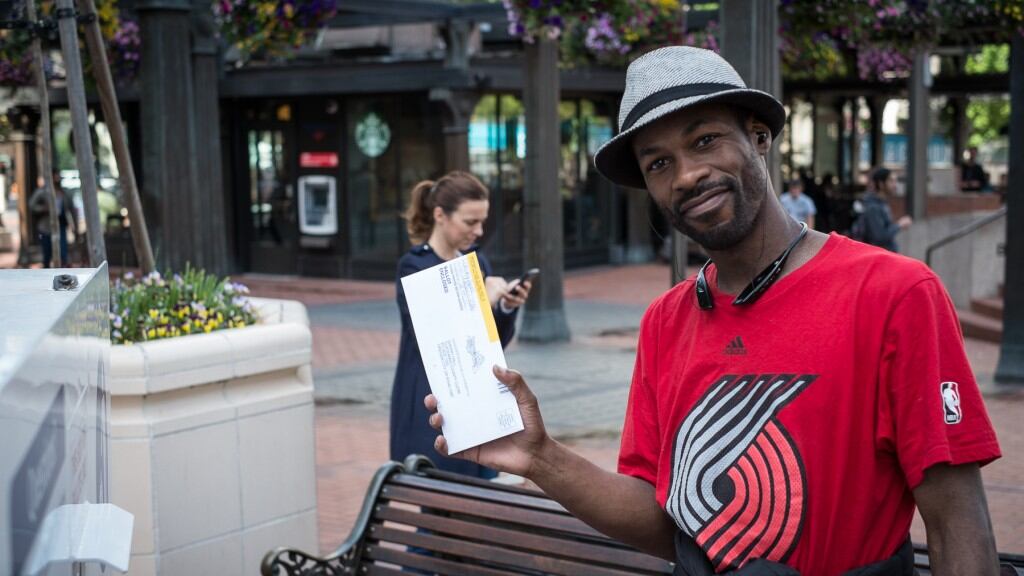Ballot returns remain strong for the Nov. 6 general election, according to figures complied by Oregon Secretary of State Dennis Richardson.
Though Nov. 1, 882,000 Oregonians had returned their ballots. That's 32 percent of those registered to vote. If recent trends hold—about two-thirds of voters turn in their ballots in the final five days—nearly two million Oregonians will vote in the current election.
That's a big jump from the 1.54 million who voted in the 2014 mid-term election. Oregon's automatic voter registration law, which went into effect in 2016, has dramatically increased the number of registered voters in the state from 2.17 million in 2014 to 2.76 million today.
"It is fantastic that over 881,715 Oregonians have already turned in their ballots," Richardson said in a statement. "I encourage all eligible voters to return your ballot to an official drop box soon. Your community needs your voice."
This year's ballot returns continue to show greater turnout among Democrats than Republicans. Democrats have a 9.9 percentage point registration advantage over Republicans but so far have a 12 percentage point edge in terms of ballots returned.
Money continues to pour into the hotly-contested governor's race between incumbent Gov. Kate Brown, a Democrat and her Republican challenger, state Rep. Knute Buehler (R-Bend).
Yesterday, Brown reported a $800,000 contribution from the Democrat Governors Association, while Buehler picked up $650,000 from the Republican Governors Association. Everytown for Gun Safety, the gun control group funded by former New York Mayor Michael Bloomberg gave Brown another $250,000. (Everytown has now given Brown $750,000.)
Brown has now raised $16.9 million since Jan. 1, while Buehler has raised $18.5 million.
Bloomberg, who is said to be considering a run for president in 2020, also gave another $600,000 to No on 103, the campaign fighting against a ban on grocery taxes. He's now given $2.1 million to that campaign. The New York Times reported today on Measure 103 and a similar measure in Washington state, making the case that both are thinly disguised efforts by the soda industry to head off more taxes on sodas and other sweetened drinks.
Ballots for the Nov. 6 general election must be delivered to an official drop-box by 8 pm Tuesday to be counted. It is now too late to mail ballots in time for that deadline.

